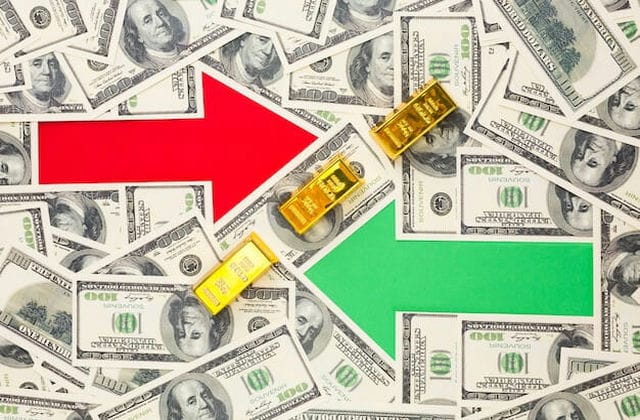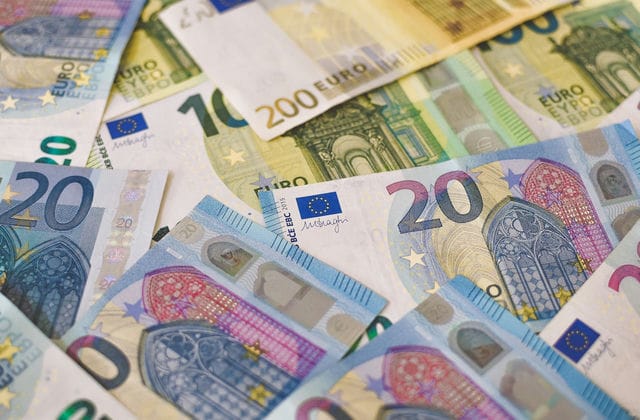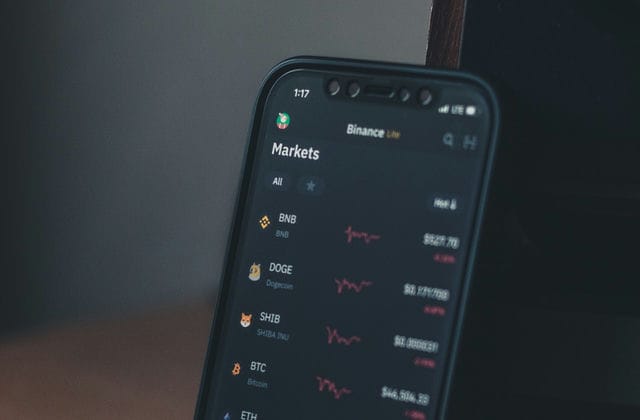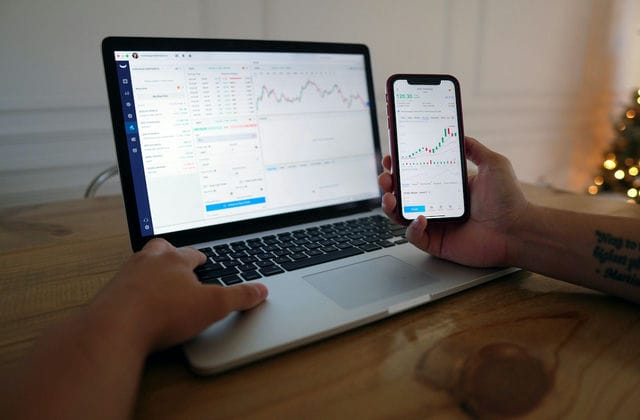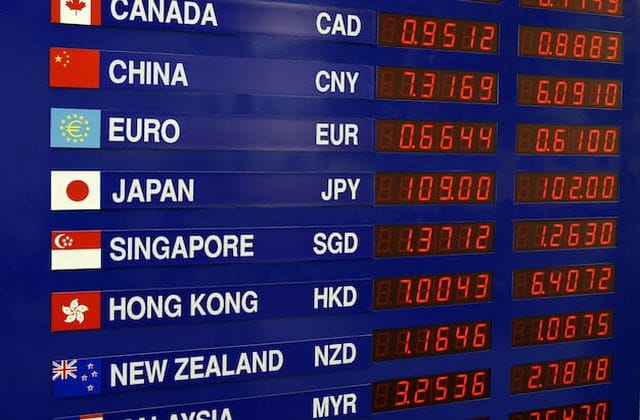A share warrant is a marketable security issued by the issuer of the underlying security or a third party other than the issuer, which provides the holder with the right to buy or sell the underlying security from the issuer at an agreed price within a specified period or on a specified maturity date, or to receive the settlement spread through cash settlement.

The essence of a warrant reflects a contractual relationship between the issuer and the holder. The holder acquires a right from the issuer upon payment of a certain amount of price to the issuer of the warrant. This right allows the holder to buy/sell a certain amount of assets from the warrant issuer at an agreed price at a specified date or for a specified period in the future. Warrants to buy shares are called call warrants and warrants to sell shares are called call warrants (or put warrants). Warrants are divided into European warrants, US warrants and Bermuda warrants.
So-called European warrants: warrants can only be exercised on the expiry date. So-called US warrants: are warrants that can be exercised at any time prior to the expiry date. So-called Bermuda warrants: are warrants that entitle the holder to buy or sell the underlying security on a set date or an agreed expiry date. The holder acquires a right rather than a liability. He has the right to decide whether or not to fulfil the contract, while the issuer has only the obligation to be executed. In order to obtain this right, therefore, the investor needs to pay a price (royalty). The difference between warrants (and indeed all options) and forwards or futures is that the holder of the former acquires not a liability but a right. The latter holder is obliged to execute a contract of sale entered into by the parties, i.e., the specified underlying asset must be traded at a specified future time at a specified price.
The value of a warrant consists of two components: firstly, the intrinsic value, which is the difference between the underlying stock and the exercise price; and secondly, the time value, which represents the holder's expectation and opportunity for future share price fluctuations. All other things being equal, the longer the term of the warrant, the higher the price of the warrant; the relative price of a US warrant is higher than that of a European warrant because it can be exercised at any time during its life.

A warrant is a marketable security. An investor who pays a royalty has the right (but not the obligation) to buy or sell the underlying security from the issuer at an agreed price for a specified period (or at a specified point in time).


